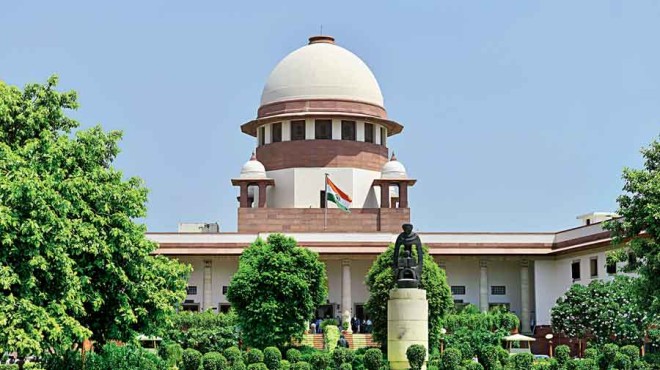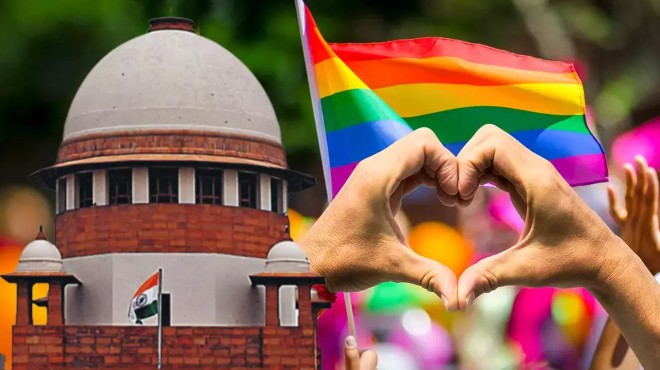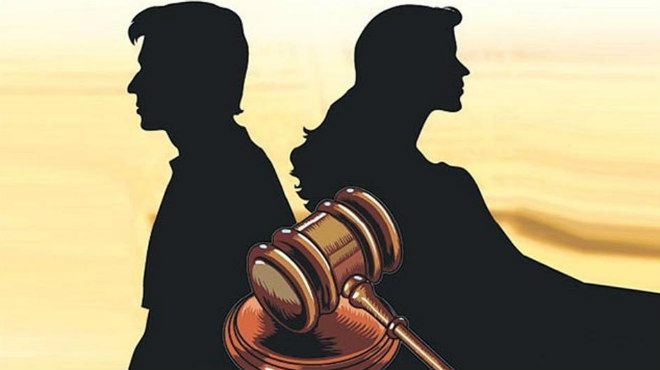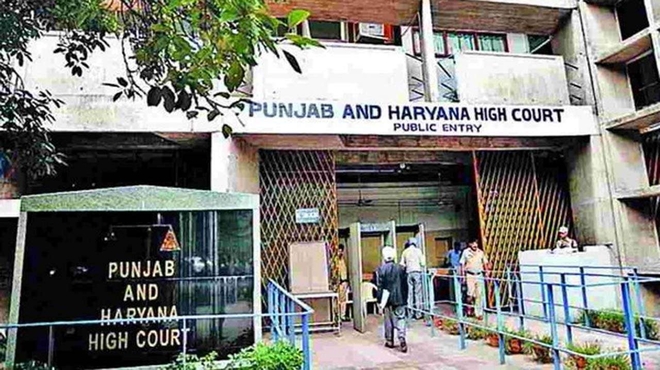Insurance cannot be denied if patient decides to stop treatment against advice: Court
May 24, 2016
We have all seen situations where the insurance companies try to run away from the claims made by their clients, citing so-and-so clause of the company rules. In such a case in an insurance company challenged the order of a claims tribunal to pay Rs 35.46 lakh to the family of a deceased who was admitted to hospital after suffering severe head injury in a road accident but decided to leave against doctors' advice when they did not see much chance of recovery.
OUR TAKE
The court did a great job in giving out the judgment and in the process of doing so, the court also informed the general public. The court informed the public about the difference between passive euthanasia and issue of “ patient autonomy” . While reports have shown that leaving against the medical advice of the hospital or the doctor can prove detrimental to the patient. But the final decision should always be in the hands of the patient. Kudos to the court on handling the case in such a professional and diligent manner.
Latest Legal News
.jpg)
3 Bills to Renew India's Criminal Justice System presented in Lok Sabha; All you Need to Know

âSorry state of affairs' in PoSH Act implementation; SC orders Govts. to ensure ICCs are constituted


 660+ Lawyers are online
660+ Lawyers are online 


.jpg)


